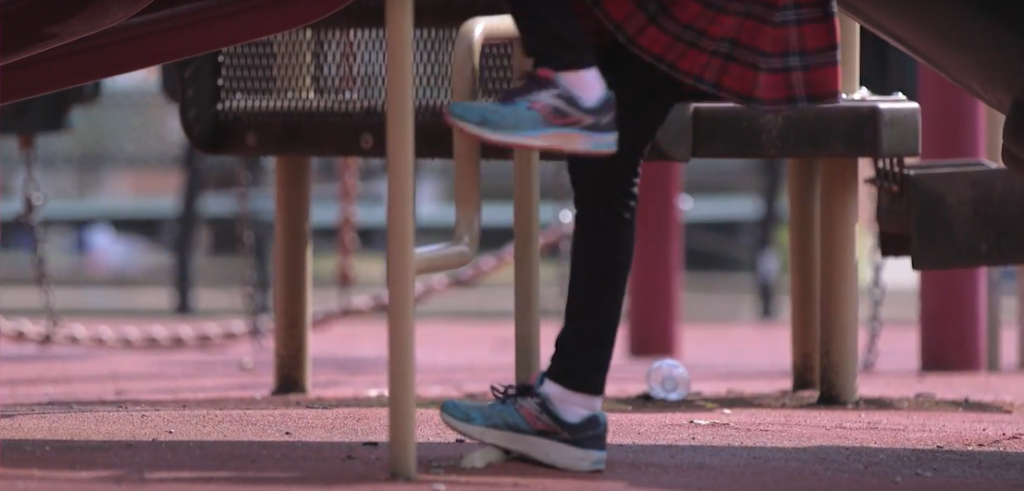
After nearly two decades of debate, the U.S. Supreme Court will finally get a chance to determine how state courts may interpret “Blaine Amendments.”
The court in Zelman v. Simmons-Harris (2002) previously had ruled state school voucher programs do not violate the Establishment Clause of the First Amendment to the U.S. Constitution. But whether state constitution “Blaine Amendments” could be used to deny voucher programs remained unresolved.
“Blaine Amendments” are 19th century vestiges of America’s anti-Catholic and anti-immigrant past. Today, 37 states have amendments to their constitutions preventing religious institutions from indirectly, or in some places like Florida, directly receiving state aid.
These amendments originally were adopted to prevent Catholics from establishing their own publicly funded schools. At the time, public schools provided religious instruction exclusively using the Protestant Bible.
Today, champions of this provision claim it protects “separation of church and state,” but critics see discrimination, and argue that it violates the First Amendment as well as the government’s duty to remain neutral with respect to religious practices.
A review of Blaine could have come more than a decade ago, when lawyers debating the constitutionality of Florida’s first voucher program argued over the state’s “No Aid” provision before the Florida Supreme Court in 2005. However, fearing being overturned by the U.S. Supreme Court, Florida’s Supreme Court dodged the question and invented entirely new reasons to strike down the program.
The U.S. Supreme Court was denied a second opportunity to review state Blaine Amendments after the teacher’s union poured hundreds of thousands of dollars into the Douglas County, Colo., school board race to eliminate the district’s private school voucher program.
But the third time’s a charm.
In 2015, Montana created a tax-credit scholarship program to help families afford private schools, some of which were religious. The Department of Revenue responded by excluding religious private schools from participating in the program. Parents sued, claiming discrimination.
But on Dec. 12, 2018, in a 5-2 ruling, the Montana Supreme Court invalidated the entire program because students could use scholarships to attend private religious schools, making Montana the first state to strike down a tax-credit scholarship program.
The decision surprised and alarmed many.
“The Montana Supreme Court’s ruling … would seem to imply that the private choices of citizens about how to spend or donate their money are indeed the government’s business,” wrote University of Colorado at Colorado Springs professor Joshua Dunn.
Montana’s ruling appears to be at odds with the recent Trinity Lutheran v. Comer (2017) decision, where the U.S. Supreme Court determined that Missouri could not deny a church access to public funds for playground safety simply because the organization was religious.
Indeed, one of the dissenting justices in Montana quoted the Trinity decision: “The exclusion of a group from a public benefit for which it is otherwise qualified, solely because it is a church, is odious to our Constitution.”
The case is expected to be argued before the U.S. Supreme Court next year, with a decision coming by summer 2020.


